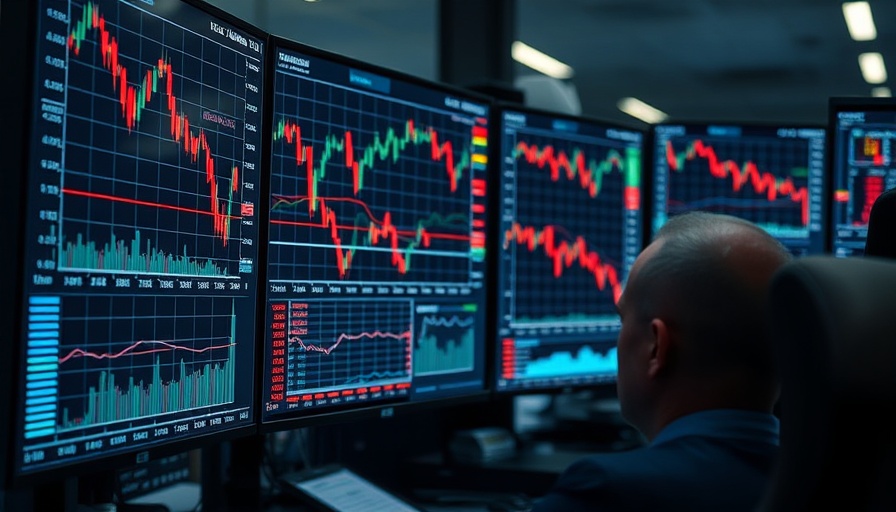
Protests Erupt at Trump Tower Over Columbia Student's Arrest
On March 13, 2025, a significant protest unfolded at Trump Tower in Manhattan, where demonstrators gathered to voice their concerns over the arrest of Columbia University graduate student Mahmoud Khalil. Khalil, who was taken into custody by Immigration and Customs Enforcement (ICE) agents amidst his pro-Palestinian activism, has since sparked widespread calls for his release from various advocacy groups, including Jewish Voice for Peace.
Background of the Mahmoud Khalil Case
Mahmoud Khalil, a Palestinian who has lived in the U.S. for several years as a permanent resident, was arrested under controversial circumstances that have drawn scrutiny from multiple advocacy organizations. His detention stems from his involvement in pro-Palestinian demonstrations and has raised significant legal and ethical questions regarding free speech in the U.S. Following his arrest, Khalil was transferred to a detention center in Louisiana, where he awaits potential deportation hearings.
The Demonstration: A Response to Perceived Injustice
Protesters, dressed in striking red shirts that bore messages such as "Not in My Name," filled the lobby of Trump Tower, chanting phrases like "Free Mahmoud" and "Free Palestine". The demonstration was not just aimed at Khalil's situation but rather a broader condemnation of what activists describe as oppressive state actions against voices advocating for Palestinian rights. With approximately 300 attendees, the protest quickly escalated, leading to the arrest of nearly 100 individuals by the NYPD for trespassing and obstructing governmental administration.
Legal and Political Implications
Khalil’s arrest has triggered a backlash not only from protest groups but also from Democratic lawmakers and various civil liberty advocates. Notably, his situation has highlighted serious legal implications regarding immigration policies and the freedom of speech. Secretary of State Marco Rubio has articulated a stringent stance, suggesting that Khalil's activism poses "serious adverse foreign policy consequences" for the U.S., thus justifying his removal. Comparatively, Khalil’s supporters argue that his arrest represents a violation of constitutional rights to free speech and protest.
Community Response and Support
Among the protesters was a notable presence from the Jewish Voice for Peace, a group that seeks to advocate for peace and justice in Israel and Palestine. They are firm in their belief that Khalil’s arrest signals a troubling trend of stifling dissent and criminalizing opposition to the current administration’s policies regarding Israel and Palestine. The group has successfully organized numerous protests, each one seeking to amplify the message that advocacy for Palestinian rights should not be met with punitive actions.
Future Predictions and Trends in Activism
The actions surrounding Mahmoud Khalil’s case may set a precedent for how the U.S. handles protests based on controversial issues related to foreign policy. Activism concerning Palestine has already demonstrated its ability to mobilize large groups of individuals across the country. With political tensions running high and civil liberties under scrutiny, scholars and political analysts are closely observing how these events unfold, noting that the outcomes could influence future protests and the legal landscape for activists.
What This Means for Social Justice Movements
The protests at Trump Tower raise essential questions about the intersection of immigration, civil rights, and freedom of expression. As civil rights advocates rally around Khalil, the situation illustrates a broader fight against perceived injustices faced by marginalized communities. It serves as a rallying point for both Palestinian advocates and broader social justice movements, compelling individuals from various backgrounds to reflect on the implications of governmental suppression of dissent and activism.
Conclusion: The Call for Awareness and Action
The protests at Trump Tower resonate well beyond the confines of New York City, reflecting a national conversation about the rights of immigrants, the scope of free speech, and the responsibilities of individuals to speak out against injustice. As advocates push for Khalil's release, it is imperative for citizens to engage with these issues—understanding that a crackdown on dissent could threaten democratic values that underpin society.
In light of these developments, staying informed and participating in civic discourse is paramount. As the conversation around Mahmoud Khalil and similar cases continues, your awareness and engagement may contribute to a more just society. Together, we can work towards a future where voices of protest are not silenced, but celebrated for their contribution to the fabric of democratic dialogue.
 Add Row
Add Row  Add
Add 



Write A Comment